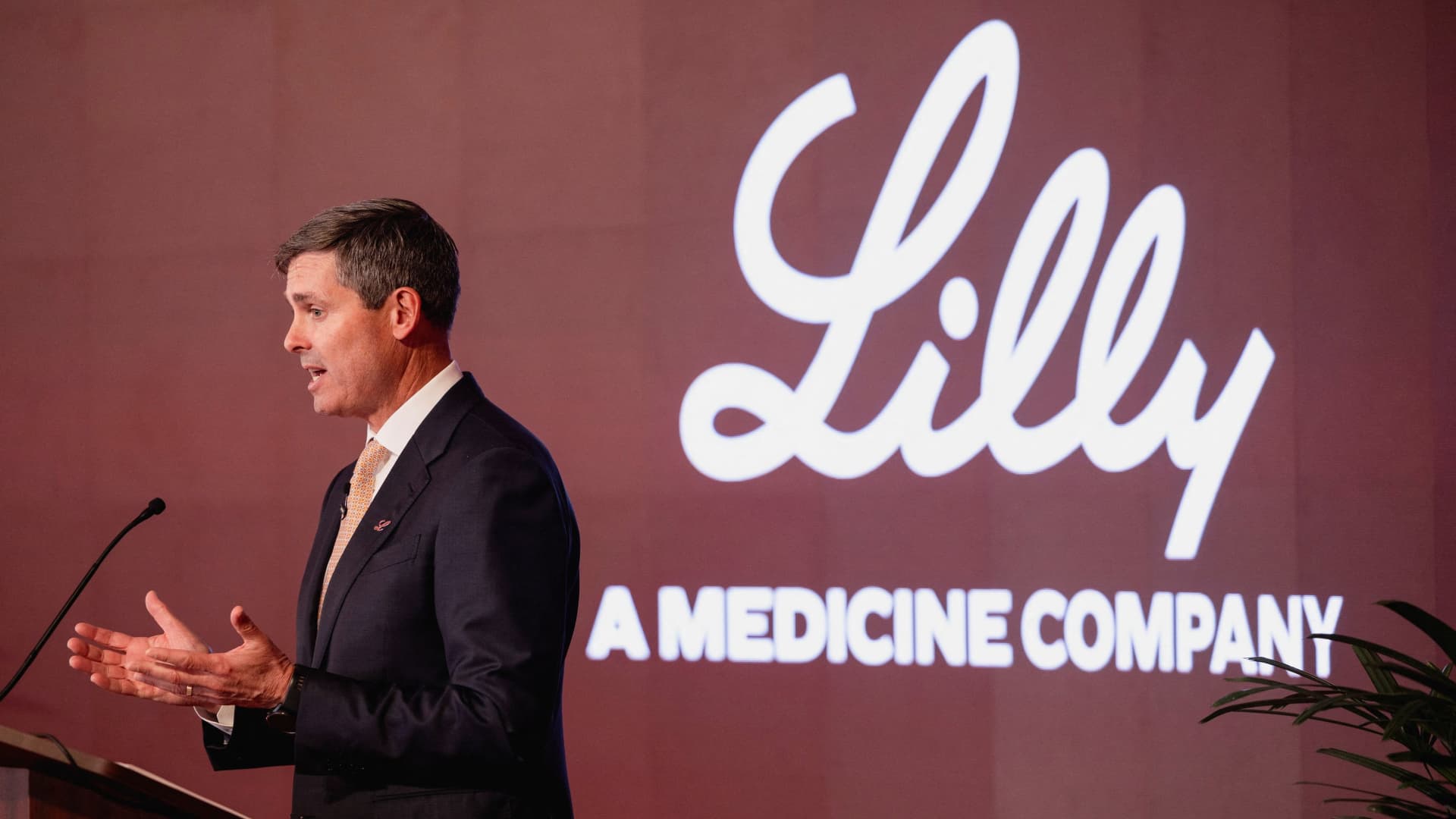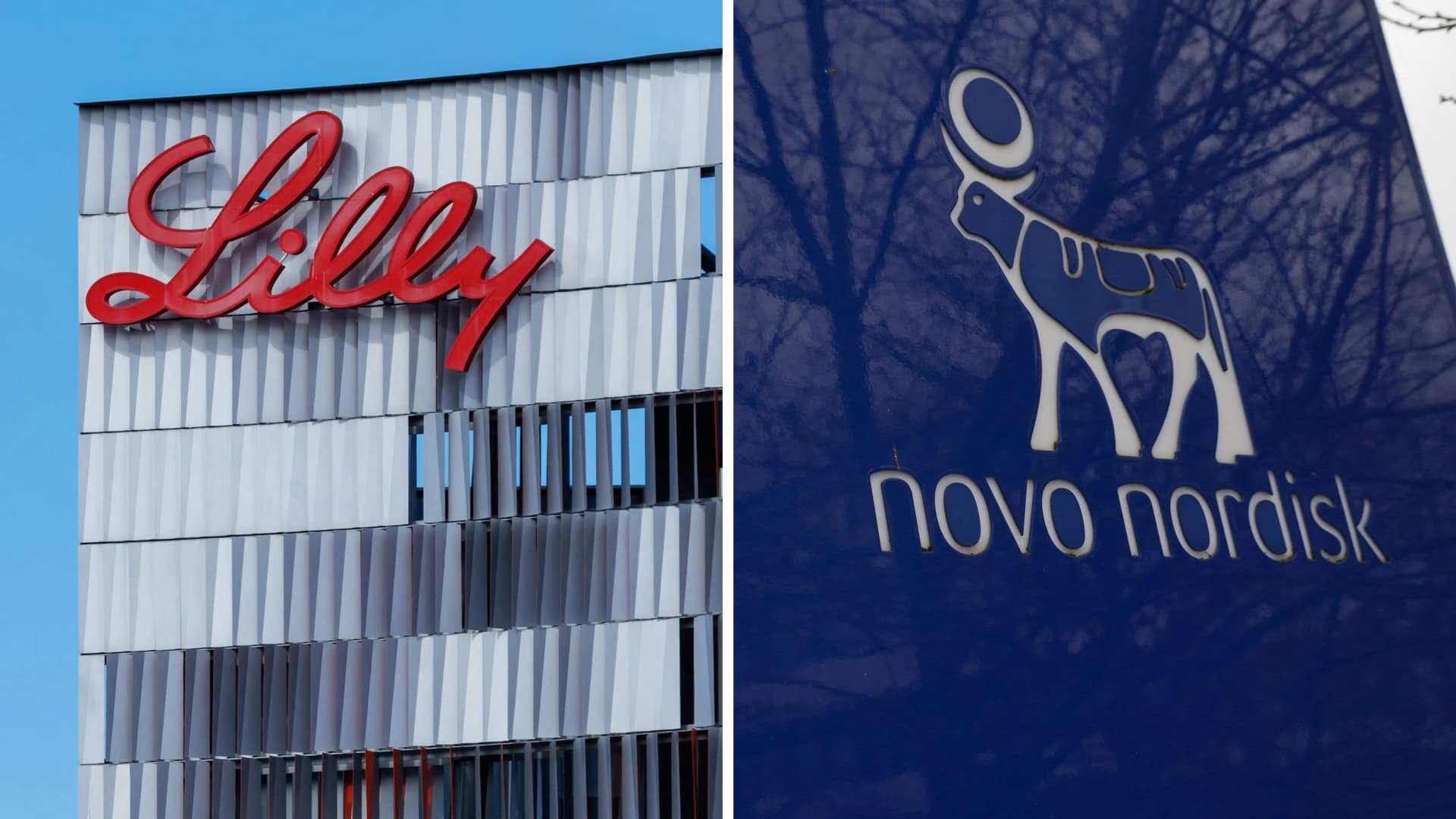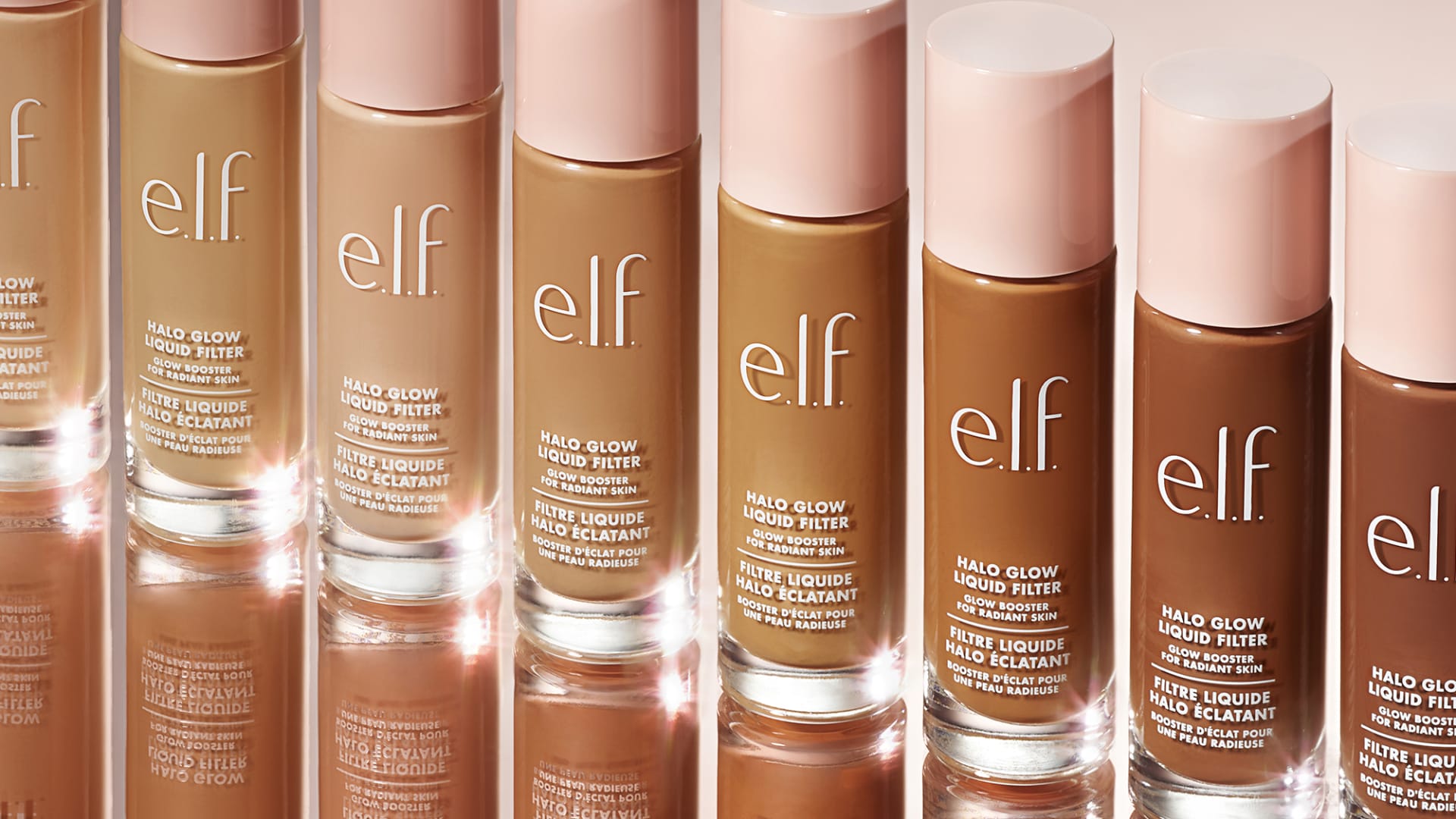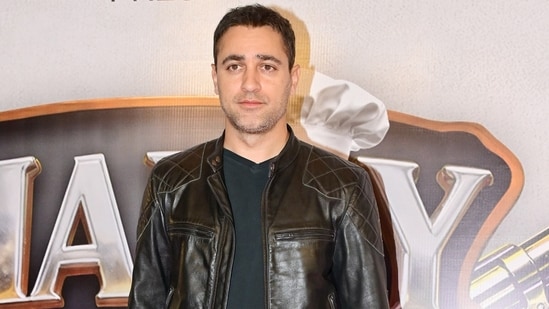
Eli Lilly and Nvidia are partnering to build what they call the pharmaceutical industry’s “most powerful” supercomputer and so-called AI factory to help accelerate drug discovery and development across the sector, the companies announced Tuesday.
It’s the latest stride by Nvidia and the pharmaceutical industry to harness AI to help shorten the time it takes to bring cures to patients, while reducing costs at every stage of drug discovery and development. The process typically takes about 10 years on average from dosing the first human with a drug to its launch on the market, said Diogo Rau, Eli Lilly’s chief information and digital officer, in an interview.
“The things that we’re talking about discovering with this kind of power that we have right now, we’re really going to see those benefits in 2030,” Rau said.
Eli Lilly expects to complete the buildout of the supercomputer and AI factory in December. They will go online in January.
The industry’s efforts to use AI to bring medicines to people faster are still in the early stages. There are no drugs on the market designed using AI, but progress is evident in the number of AI-discovered drugs entering clinical trials, recent AI-focused investments and partnerships among drugmakers.
Eli Lilly will own and operate the supercomputer, which will be powered by more than 1,000 Blackwell Ultra GPUs – a newer family of chips from Nvidia – connected on a unified, high-speed network. The supercomputer will power the AI factory, a specialized computing infrastructure that will develop, train and deploy AI models at scale for drug discovery and development.
The supercomputer “is really a novel scientific instrument. It’s like an enormous microscope for biologists,” said Eli Lilly’s Chief AI Officer Thomas Fuchs. “It really allows us to do things we couldn’t do before at that enormous scale.
Scientists will be able to train AI models on millions of experiments to test potential medicines, “dramatically expanding the scope and sophistication” of drug discovery, according to a release from Eli Lilly.
While finding new drugs isn’t the only focus of the new tools, it is “where the big opportunity is,” said Rau.
“We’re hopeful that we’ll be able to discover new molecules that we never would have with humans alone,” he said.
Several AI models will be available on Lilly TuneLab, an AI and machine learning platform that allows biotech companies to access drug discovery models that Eli Lilly has trained on years of its proprietary research. That data is worth $1 billion.
Eli Lilly launched that platform in September as a way to expand access to drug discovery tools across the sector.
“It’s really powerful to be able to give that extra starting point to these startups that, you know, otherwise could take a couple of years burning their capital to get to that point,” said Kimberly Powell, Nvidia’s vice president of health care, adding that the company is “delighted to participate” in that effort.
In exchange for access to the AI models, biotech companies are expected to contribute some of their own research and data to help train them, Rau noted. The TuneLab platform employs so-called federated learning, which means that companies can take advantage of Lilly’s AI models without either side directly sharing data.
Eli Lilly also plans to use the supercomputer to shorten drug development and help get treatments to people faster.
The company said new scientific AI agents can support researchers, and advanced medical imaging can give scientists a clearer view of how diseases progress and help them develop new biomarkers — a measurable sign of a biological process or condition — for personalized care.
“We would actually like to deliver on that promise of precision medicine,” Powell said. “Without an AI infrastructure and foundation, we’ll never get there, right? So we’re doing all of the necessary building, and now we’re seeing this true lift off, and Lilly is an exact example of that.”
Precision medicine is an approach that tailors disease prevention and treatment according to differences in a person’s genes, environments, and lifestyles.





